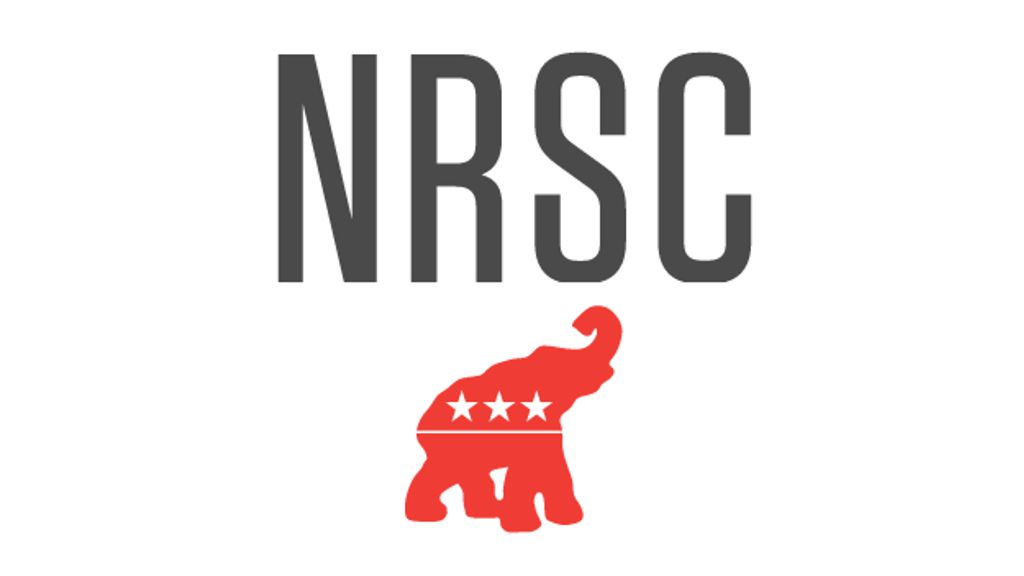Washington, D.C. – Election campaigns are political speech. By conflating election campaign speech with the mechanics of running elections, the Supreme Court has allowed the government to trample the First Amendment through campaign finance laws.
That’s why the Institute for Free Speech filed an amicus brief before the U.S. Supreme Court in the case National Republican Senatorial Committee v. FEC (NRSC v. FEC).
NRSC challenges federal limits on coordinated party expenditures. The law limits how much political parties can spend, mostly on ads, in coordination with their candidates. The Court upheld the law in 2001 in a case called Colorado II on the theory that the law furthers the “sufficiently important” interest of “combating political corruption.” However, the Institute’s brief argues that the law “fights a problem that no one can prove exists.”
Many states allow unlimited coordinated party spending, but there’s no evidence of increased corruption in these states. The brief notes that the FEC “could not point to even one example from any state where a candidate used coordinated party expenditures to circumvent contribution limits and route more funds to his or her campaign.”
Unfortunately, this pattern is all too familiar in federal campaign-finance regulation. In Colorado II itself, the brief notes, that the Court “dismissed the lack of significant evidence of circumvention because none was available, and it turned instead to anecdotes and debatable assumptions” to uphold the law.
The Institute’s brief argues that the First Amendment does not allow the government to limit core political speech based on this kind of conjecture—a problem that dates back to the Supreme Court’s landmark campaign-finance opinion in Buckley v. Valeo, 424 U.S. 1 (1976).
The brief argues that the federal government lacks the power to regulate this type of speech in the first place. The Elections Clause of the Constitution grants Congress the power to regulate the times, places, and manner of electing federal officials. But, the Institute argues, speech about candidates is not the same thing as the election itself, and the Elections Clause does not give Congress authority to regulate core political speech.
The Institute is calling for the Supreme Court to reverse the previous judgment and declare these limits unconstitutional, thus beginning to correct the messy jurisprudence on election campaign speech.
To read the new Supreme Court amicus brief, click here. To learn more about the case and read the previously-filed briefs in this case, visit the Institute for Free Speech website here.
About the Institute for Free Speech
The Institute for Free Speech promotes and defends the political speech rights to freely speak, assemble, publish, and petition the government guaranteed by the First Amendment.














